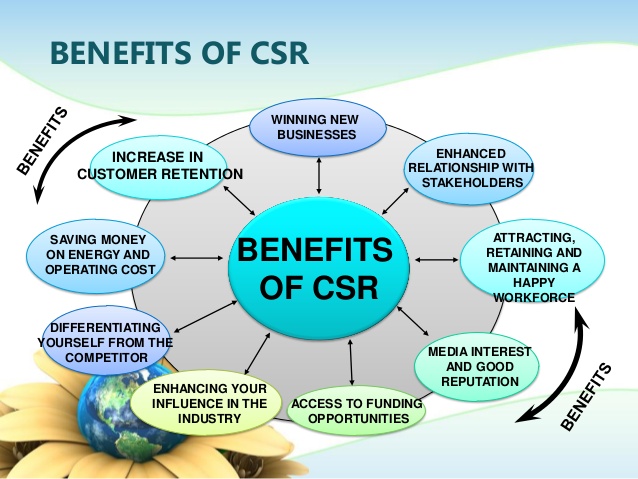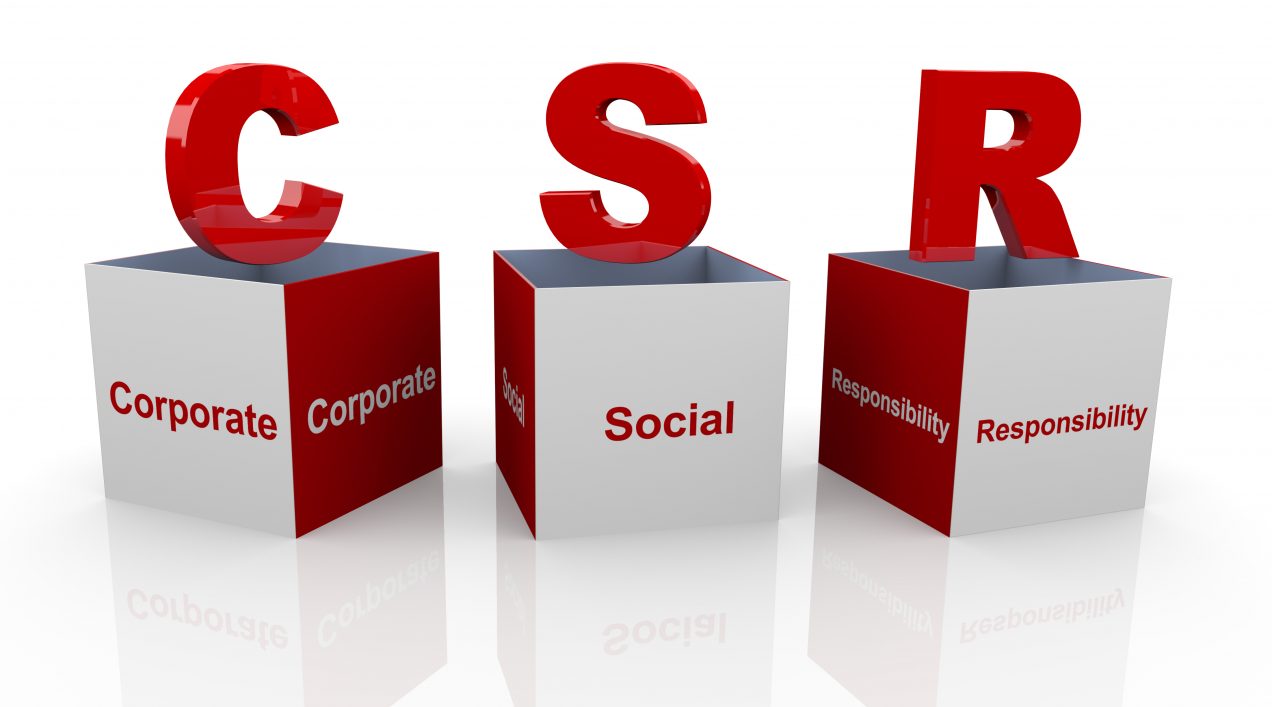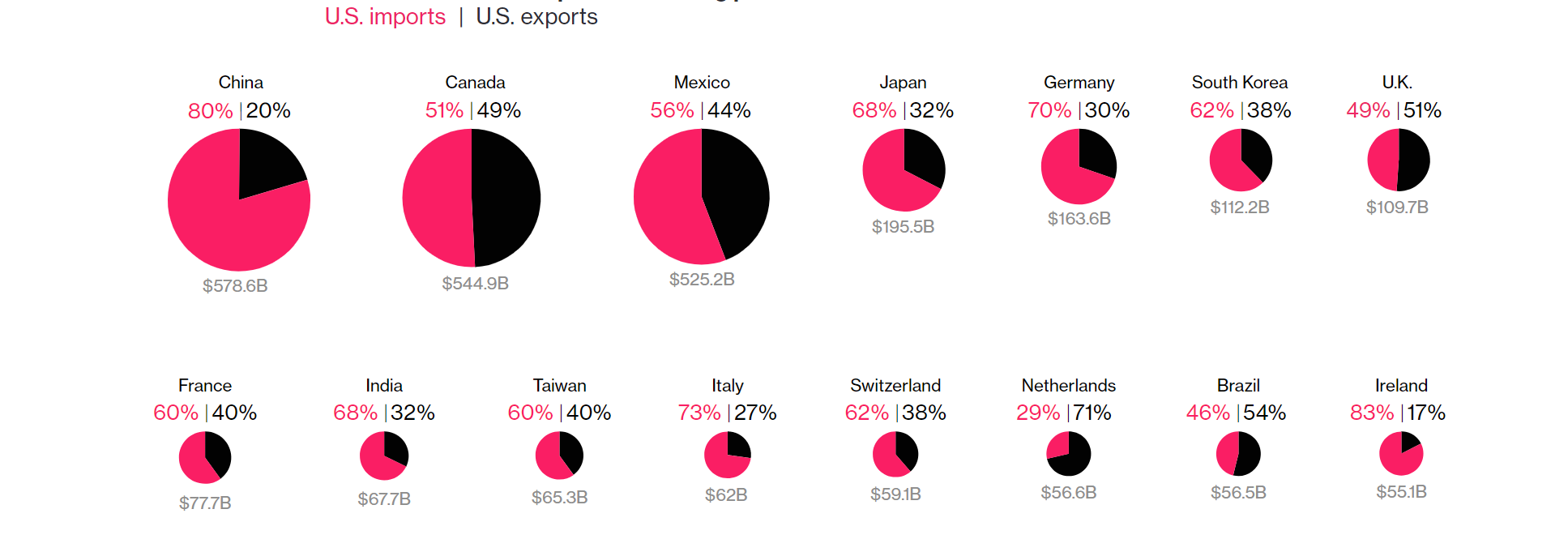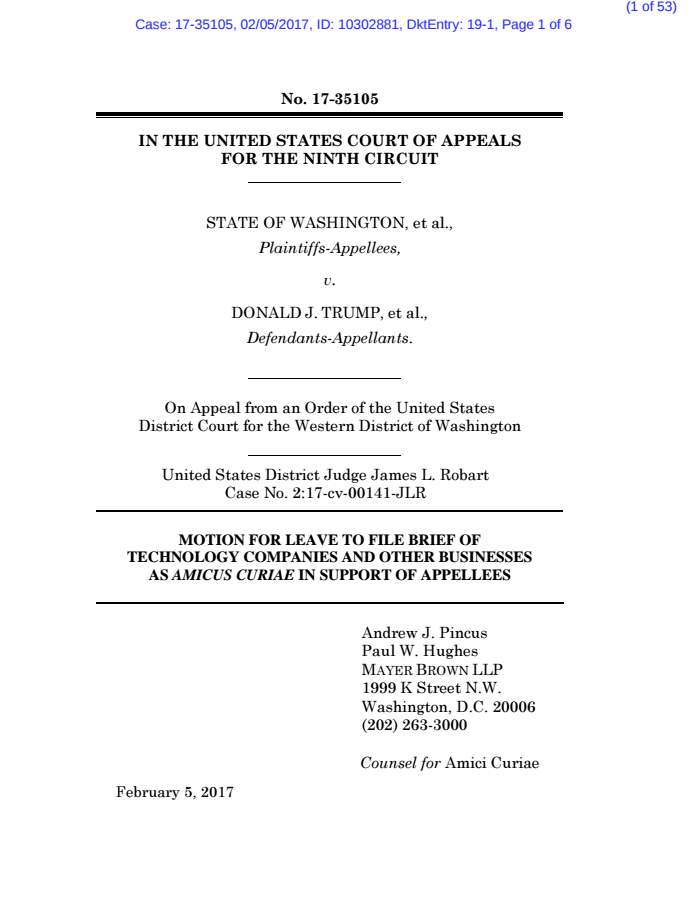Many believe that corporations’ main goals are solely to maximize profit. While this may be true, the new trend of Corporate Social Responsibility challenges this common belief by giving corporations a purpose beyond making money. As more and more companies realize that CSR is important to shareholders, more and more companies attempt to adapt to enter this new category as a socially conscious enterprise.
Almost every large corporation has claimed a certain social responsibility nowadays. Whether it is Ben & Jerry’s promoting ethically sourced products or Cisco Systems Inc. pledging sustainability, companies’ social policies play large roles in the corporation’s image. These days it is almost an essential part of any firm.
However, how do we know if these companies’ claims to care are valid? Does intention even matter as long as there is positive impact to society?

https://www.slideshare.net/ravi0704/csr-and-sustainable-development-innovative-possibilities
A company that promises an environmentally friendly impact may not care about the environment at all. Despite this, they will continue to make socially conscious choices in order to uphold an upstanding image in the eyes on the consumers. Therefore, regardless of their true intent, the environment will benefit.
However, is moral monetization justifiable in such instances? Even though there is positive impact, profiting off of issues that the corporation may not be truly conscious of seems quite corrupt. Participating aesthetically in social change should not be grounds for reward.

http://srv-pub-001.cloudapp.net/corporate-social-responsibility/
The main issue with the trend of Corporate Social Responsibility trend is not the benefits to society, it is the inability to differentiate between corporations who really care and those who profit off of it. Although it can be argued that impact trumps intention because ultimately society is positively impacted, we as consumers must consider the implications to society when these corporations decide that their social stance is not profitable enough.
I personally believe that regardless of intent, impact is more important. We should celebrate companies’ efforts to be more sustainable or socially conscious because the CSR trend has positive effects on our society. While the cynicism is valid, promoting CSR can make major positive impacts to the world.












